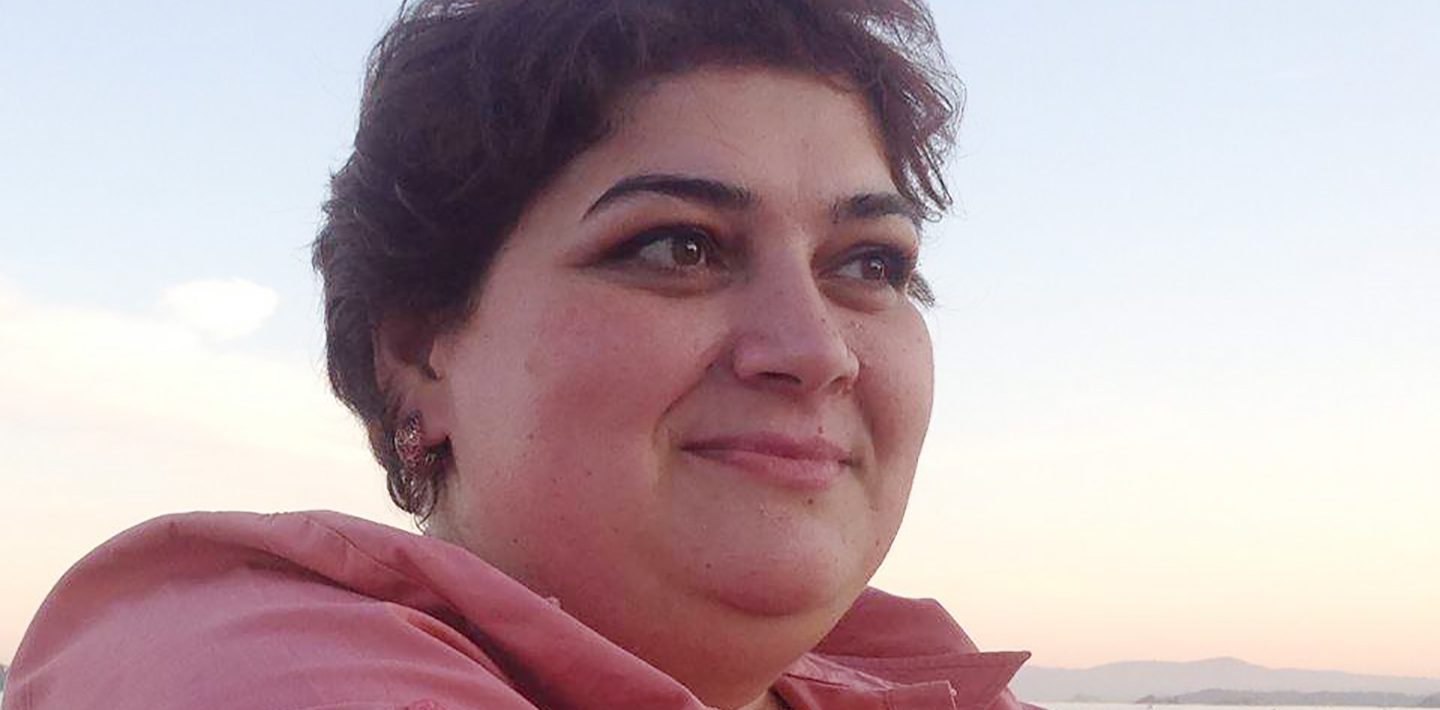Reacting to today’s European Court of Human Rights (ECtHR) judgment in Ismayilova v. Azerbaijan, in favour of journalist Khadia Ismayilova, Amnesty International’s Deputy Director for Eastern Europe and Central Asia, Denis Krivosheev, said:
“The case of Khadija Ismayilova – a prominent journalist who served a prison sentence under false charges – has epitomized the persecution of critical voices in Azerbaijan. The Court found violations of her rights to liberty and presumption of innocence, concluding that the authorities were aiming to silence and punish her for her work as a journalist.
“The injustices committed by the Azerbaijani authorities against Khadija are not yet over. She has a criminal record, as unfair convictions against her have not been quashed, and arbitrarily imposed restrictions, including a travel ban, are still in place.
The case of Khadija Ismayilova – a prominent journalist who served a prison sentence under false charges – has epitomized the persecution of critical voices in Azerbaijan. The Court found violations of her rights to liberty and presumption of innocence, concluding that the authorities were aiming to silence and punish her for her work as a journalist
Denis Krivosheev, Amnesty International’s Deputy Director for Eastern Europe and Central Asia
“We call on the Azerbaijani authorities to lift all unlawful restrictions, quash the outstanding convictions against Khadija Ismayilova and comply with the court’s ruling to pay her compensation. They must also stop misusing the law for politically motivated prosecutions designed to silence peaceful critics.”
Background
In its decision of 27 February, the ECtHR concluded that the Azerbaijani authorities’ actions towards Khadija Ismayilova “had been driven by improper reasons and showed that the actual goal had been to silence and punish her for her work as a journalist.”
Kadija Ismayilova, who worked for the Baku bureau of Azadliq Radio, the Azerbaijani service of Radio Free Europe/Radio Liberty, was arrested in December 2014, and sentenced in September 2015 to seven and a half years on spurious charges including tax evasion and “abuse of authority”. The Supreme Court quashed her conviction for some of the charges in May 2015 and reduced her sentence to three years’ imprisonment suspended on probation, following which she was conditionally released. Three and a half years later, her conviction under remaining trumped up charges has not been quashed and she remains under a travel ban.
Amnesty International has recognized her as a prisoner of conscience.
For further information please contact:
Alexander Artemyev
Media-manager for Eastern Europe and Central Asia
Amnesty International
mob.: +7 917 559 5972
email: [email protected]


